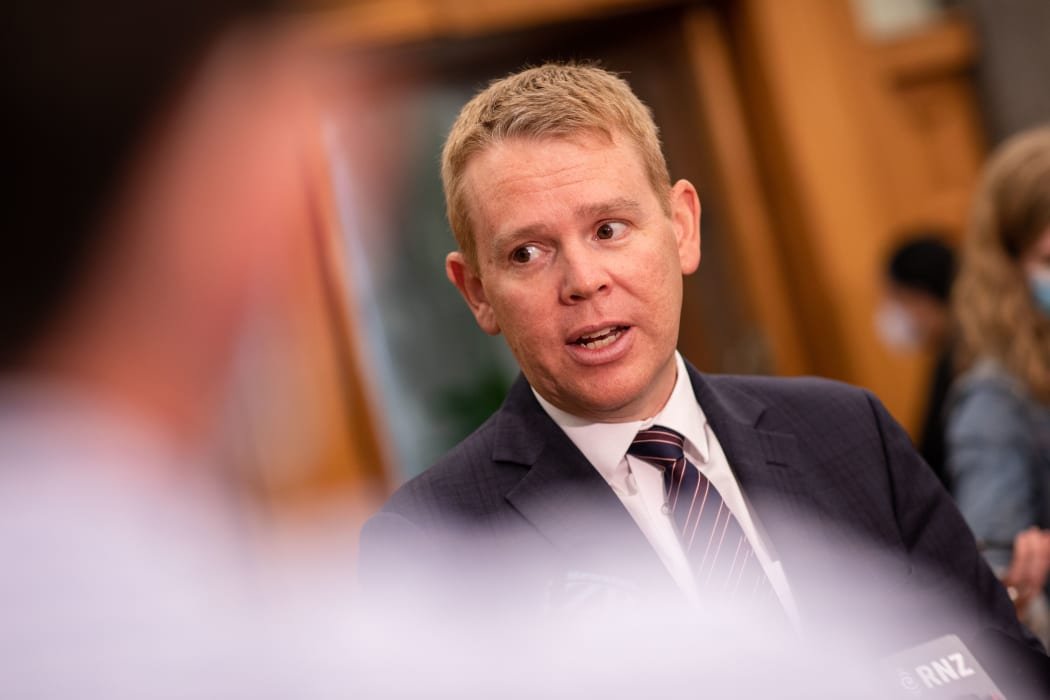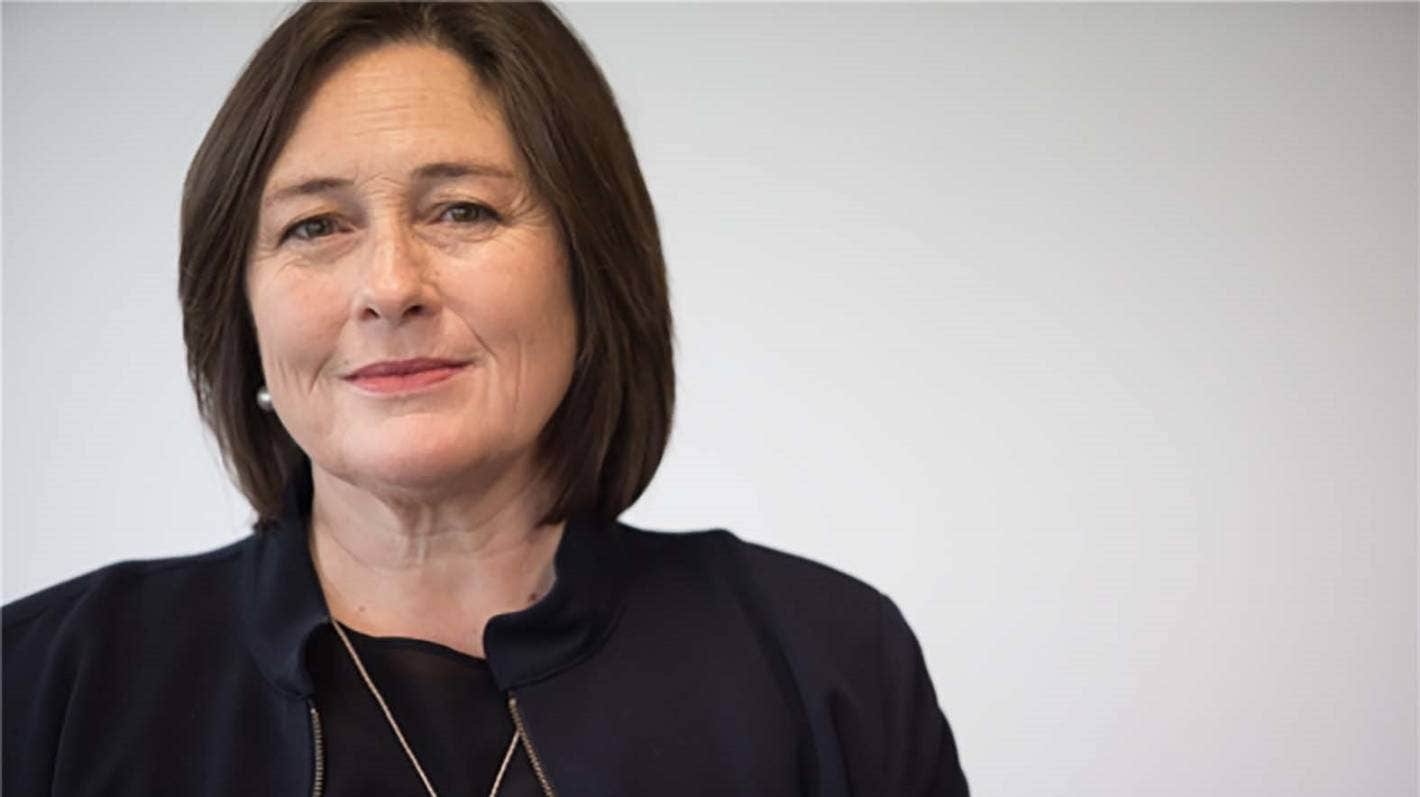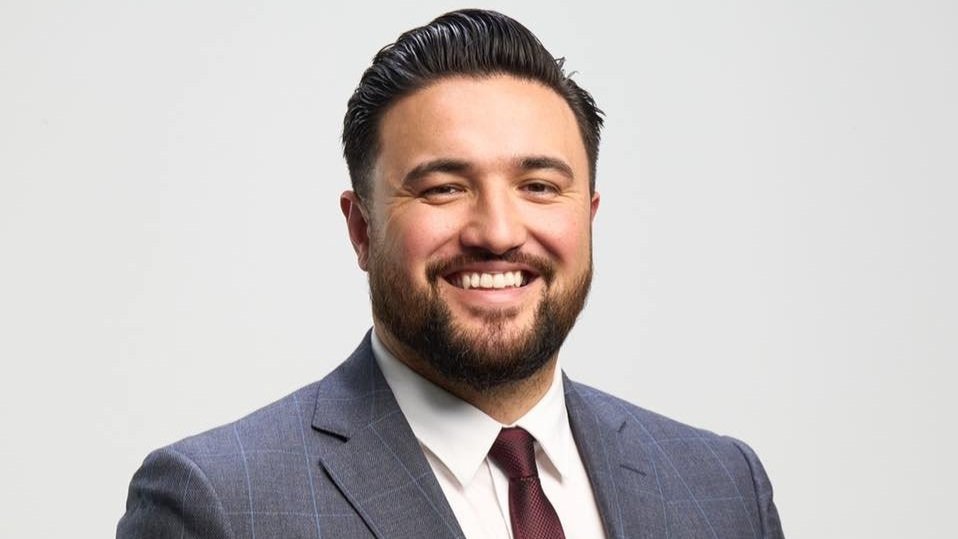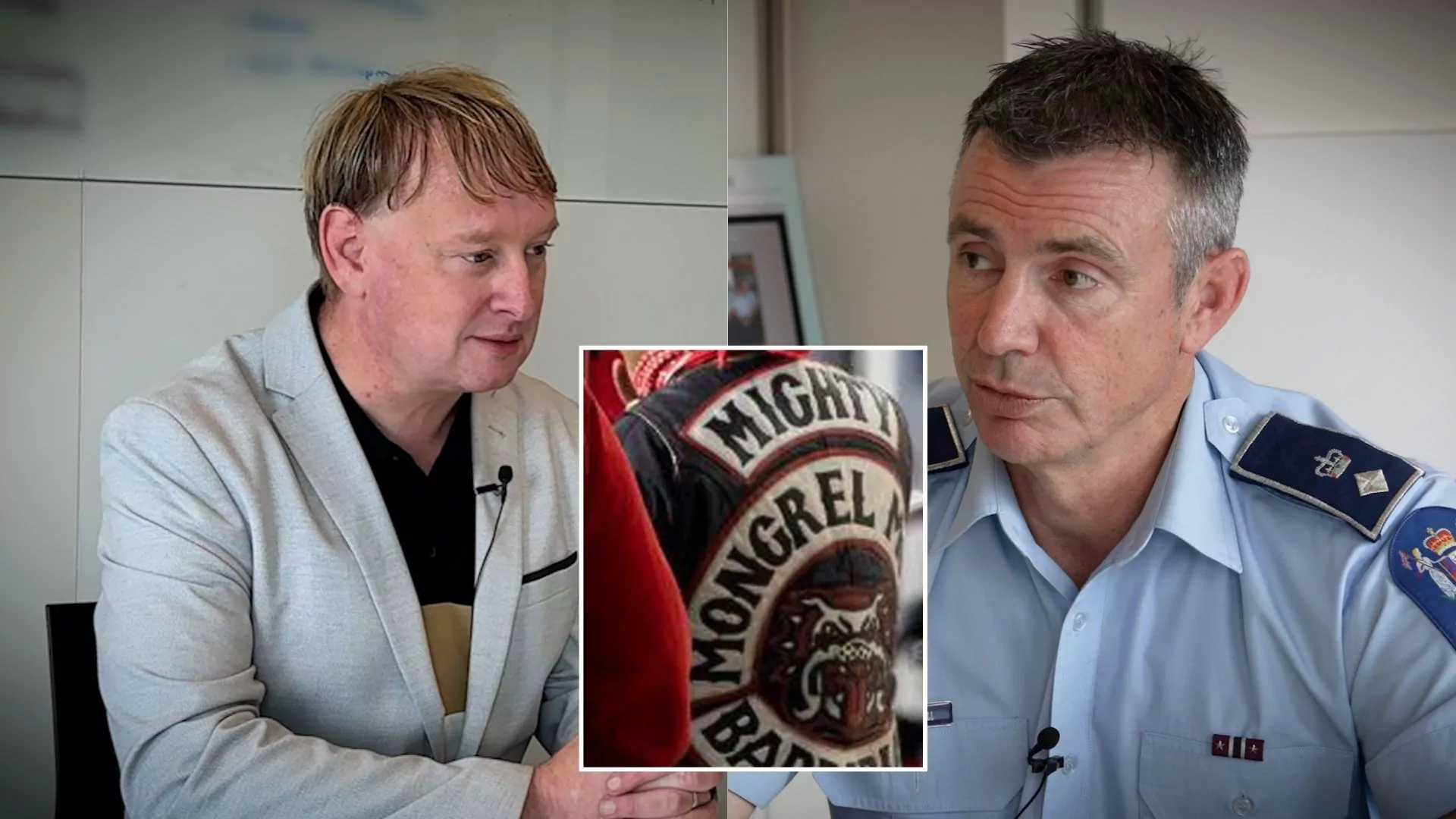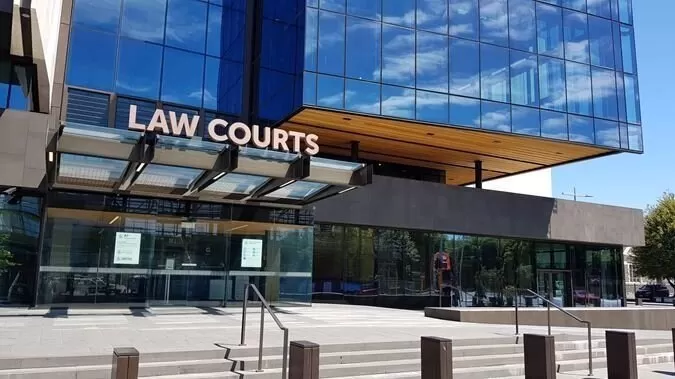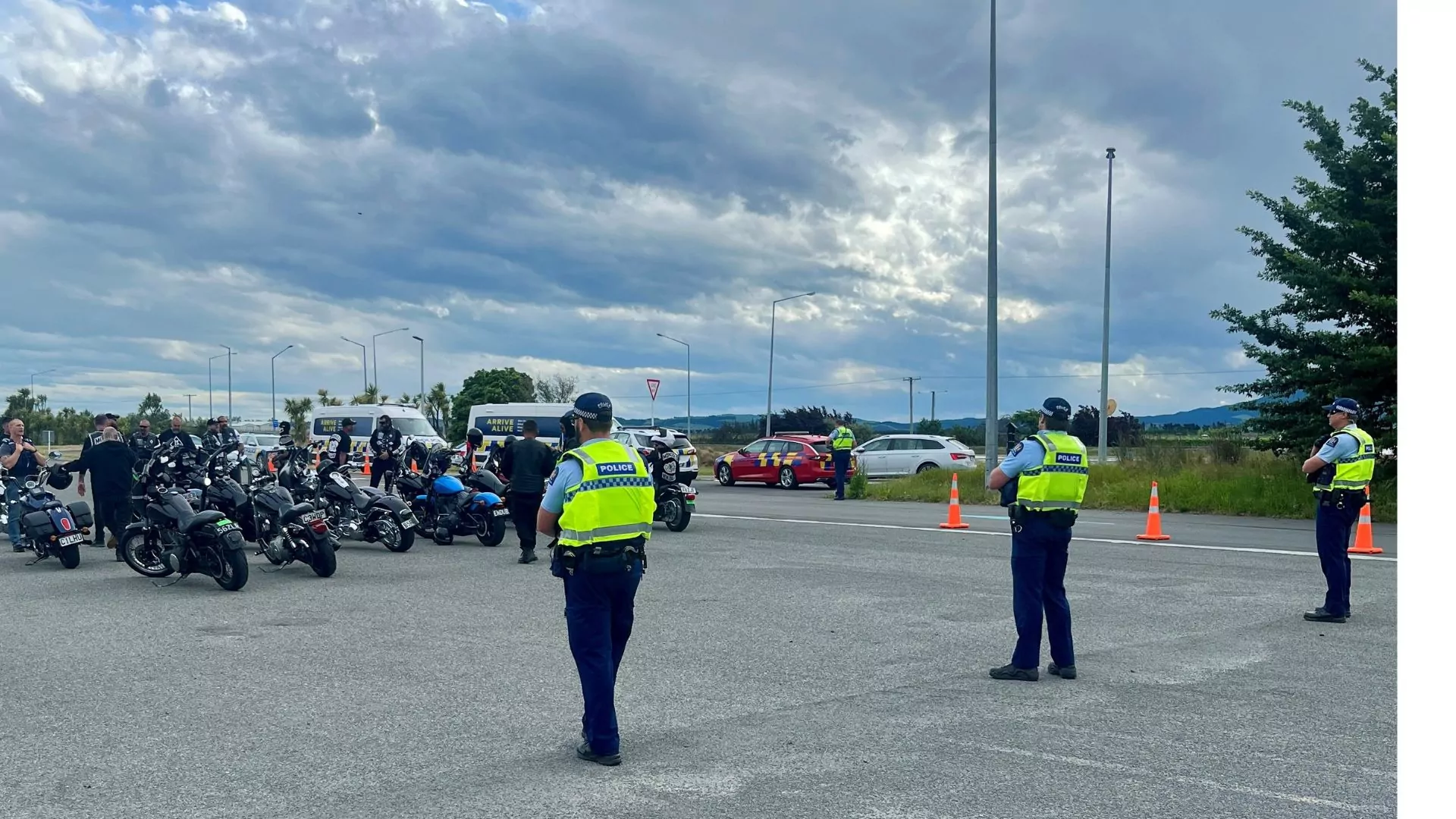Chris Hipkins Photo: RNZ / Angus Dreaver
The Police Minister believes “tough on crime rhetoric” won’t stop increasingly violent attacks committed by children, while the Children’s Commissioner said locking them in prison cells won’t change anything.
Chris Lynch Media reported a 13-year-old boy was attacked and punched by a group of children at Riccarton mall on Sunday.
On Monday, police said a 14-year boy was facing 81 charges including for violent offences.
A young boy was also punched in the head at the Christchurch Bus Exchange last weekend by a teenager.
Police Minister Chris Hipkins said “we know there’s real public concern about this spike in youth offending. It’s not acceptable. Businesses and people who are affected shouldn’t have to put up with that.
These young people don’t fear the consequences of their actions.
We’ve got to do more to build a fence at the top of the cliff, get these kids off the street and doing something more useful. Tough-on-crime rhetoric isn’t going to change this because these kids don’t care. There’s no one magical solution and anyone who claims there is are misleading the public.” Hipkins said.
“Police are doing a good job of catching and arresting young people involved in these crimes, assisted in Canterbury by the 122 more cops on the beat, after attrition, than when we came into government.
But we’ve also got to work hard as a whole country to get these young people engaged. We’ve got to tackle this on a whole range of fronts. That’s going to involve working at a local level with community providers to make sure the kids are getting back into school, into employment or doing something useful with their day. Our Better Pathways Package will help with this.
It’s intensive work and why we’ve got the whole machinery of government focused on it at the moment. We won’t see change overnight, but we will start to see some tangible progress over the next few months” Hipkins said.
“If we don’t get these young people back onto the straight and narrow they will continue in an out of the justice system throughout their lives. That’s going to be a huge cost to them and a huge cost to the country. Investing time and energy into them now will pay off in the long term for all of us.”
Children’s Commissioner Frances Eivers | Photo: Supplied
Children’s Commissioner Frances Eivers said the recent spate of youth offending is concerning –from a public safety point of view as well as a concern about the safety and wellbeing of the young people involved.
“My experience as a Judge tells me the reasons that sit behind this offending are complex. Many whānau are struggling right now – with the increased cost of living and rangatahi not being at school. It could also be a case of children and young people being at a loose end contributing to the recent crime wave.
Eivers said “the impact of Covid-19 and its ongoing effect on the minds and lives of young people and their families also play a significant part.”
“We can’t ignore the fact that for some of these mokopuna, home may be chaotic, unstable, and possibly even a dangerous place. ”
Routine has been lost, and uncertainty and anxiety is real for many.”
Eivers said “we can’t ignore the fact that home may be chaotic, unstable, and possibly even a dangerous place.
In these cases, it comes as no surprise that their behaviour reflects that chaos. We cannot discount the impact of social media and the ease in which high-risk behaviour is publicised amongst peers and glorified. I would like to see a targeted response in the regions where this offending is occurring.
The resource and support need to be provided to enable that. The focus needs to be on both on prevention to ensure the safety of these young people and the public, and restorative justice which provides accountability, and healing for all involved.”
Eivers said “locking young offenders in prison cells or prison-like institutions will not address the issues, indeed it will exacerbate it and increase the risk of those young offenders becoming hardened adult criminals – no New Zealander, including the young offenders and their whānau, wants that. But that does not mean that young offenders are not held accountable, the impact of their actions on their victims, their victims’ families and loved ones, and their communities must be recognised.”
Eivers said “rather the way to address offending by children and young people is to address the underlying causes of the offending. We must address issues relating to poverty, violence, discrimination, mental illness, and lack of access to education and health. This will require intensive one-on-one support for each offender and their whānau. This can be done. We simply need to make it a priority.”
Community concerns in Riccarton
Newly elected Riccarton Councillor Tyla Harrison-Hunt said residents in central Riccarton and the lower part of Riccarton such as the Harrington neighbourhood wanted more of a police presence.
“In particular, bringing back community police who know their neighbourhoods well.
The Christchurch City Council plays a part in ensuring that all council-administered facilities look out for the health and safety of our people in Ōtautahi Christchurch. As elected members, we must continue to build strong relationships with the NZ Police, Central Govt and in this case – Westfield Shopping Centre.”
Newly elected Riccarton Councillor Tyla Harrison-Hunt
Harrison-Hunt said “we hold the keys to being able to provide accessible resourcing to our community groups who are doing the mahi already. It’s about empowering others to be able to tend to their own. We can also provide upskilling to these providers who are so important to our societal wellbeing” he said.
“I feel for our parents, as a father myself; It is my worst nightmare to have my child hurt.
I will make it a key focus over the next three years to address youth crime at its core and in my capacity as a city councillor build ways in addressing the offenders and survivors of these crimes. I have also been in talks with community groups in the area and they felt the value of having a trained youth worker at the bus exchange was extremely beneficial and the instances of assault dropped dramatically.”
